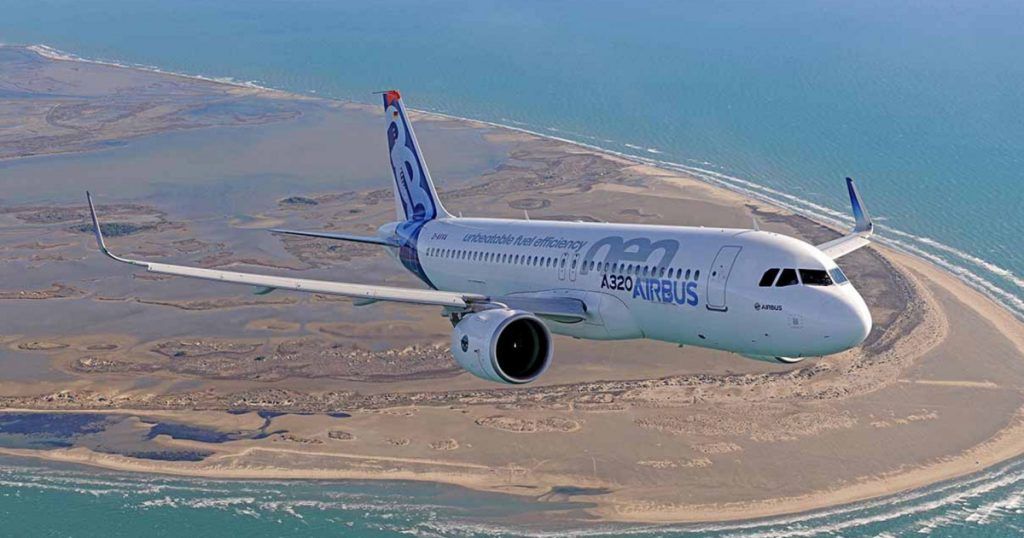The United States and the European Union (EU) reached an agreement to suspend for five years the tariffs imposed on each other in retaliation for the subsidies granted to aircraft manufacturers Airbus and Boeing.
The two have accused each other of providing direct or indirect subsidies to their respective domestic civil aircraft industries, exemplified by Boeing and Airbus.
After decades of intense negotiations, both sides turned to the WTO dispute settlement system in 2005.
In 2018 and 2019, after multiple phases of proceedings, the WTO’s Appellate Body (AB) issued final decisions confirming earlier rulings that the EU and the United States had failed to comply with WTO rules by supporting Airbus and Boeing , respectively.
In response, after receiving authorization from the WTO to retaliate, the United States imposed additional tariffs on US imports from the EU worth $ 7.5 billion (as of October 2019), while the EU imposed additional tariffs on imports of the EU worth $ 4 billion from the United States (as of November 2020).
Since then, both parties have challenged each other’s tariff actions and expressed their desire to seek a negotiated solution to the dispute.
Aircraft manufacturers
The dispute was discussed at a summit between the United States and the EU in Brussels this week, and both sides are waiting for a permanent resolution after, together with the United Kingdom, they put the tariffs on hold for four months earlier this year.
In a statement, the European Union said the two sides will collaborate to jointly analyze and address non-market third-party practices that may harm our large civil aircraft sectors.
Compromises
Under the Understanding on a Cooperation Framework for Civil Aircraft Manufacturers, the two parties expressed their intention to:
- Establish a Working Group on Large Civil Aircraft directed by the respective Minister of Commerce of each party.
- Provide financing to large civil aircraft manufacturers on market terms.
- Provide funding for R&D through an open and transparent process and make the results of fully government-funded R&D widely available, to the extent permitted by law.
- Failure to provide R&D financing, as well as specific support (such as specific tax breaks), to its own producers that would harm the other party.
- Collaborate to address third-party non-market practices that may harm their respective large civil aircraft industries.
- Continue suspending the application of its countermeasures, for a period of five years, avoiding billions of euros in tariffs for importers on both sides of the Atlantic.
Following WTO decisions, both the United States (in October 2019) and the EU (in November 2020) imposed punitive tariffs on each other’s exports, affecting a total of $ 11.5 billion worth of trade between the two. parts.
As a result, companies in the EU and the United States have had to pay more than $ 3.3 billion in tariffs.
![]()

